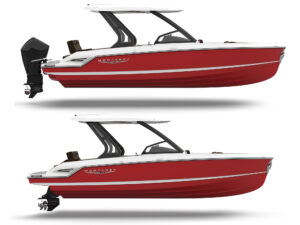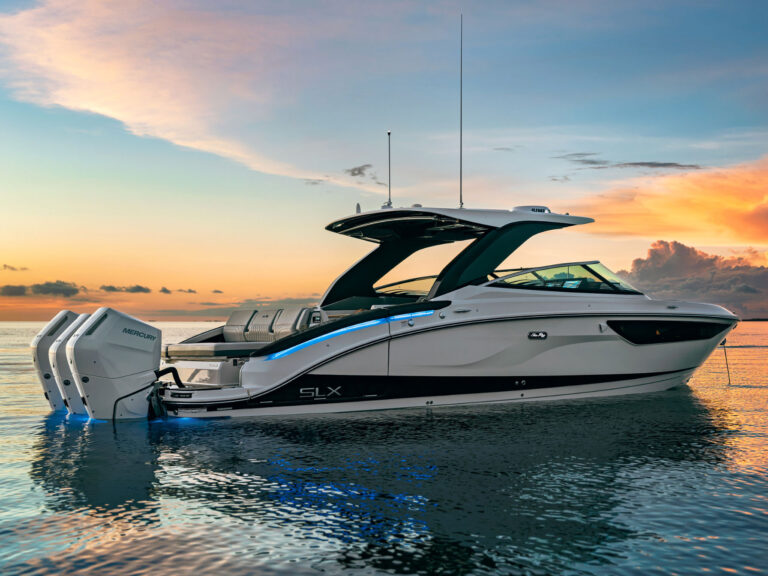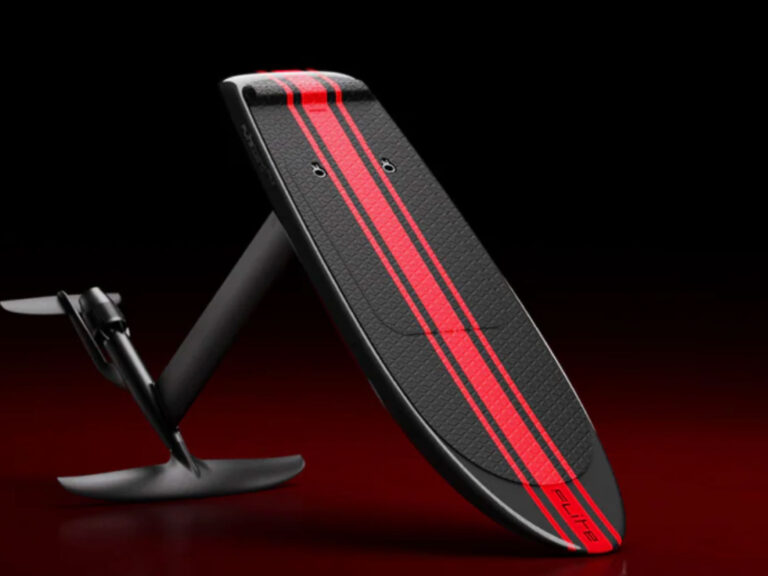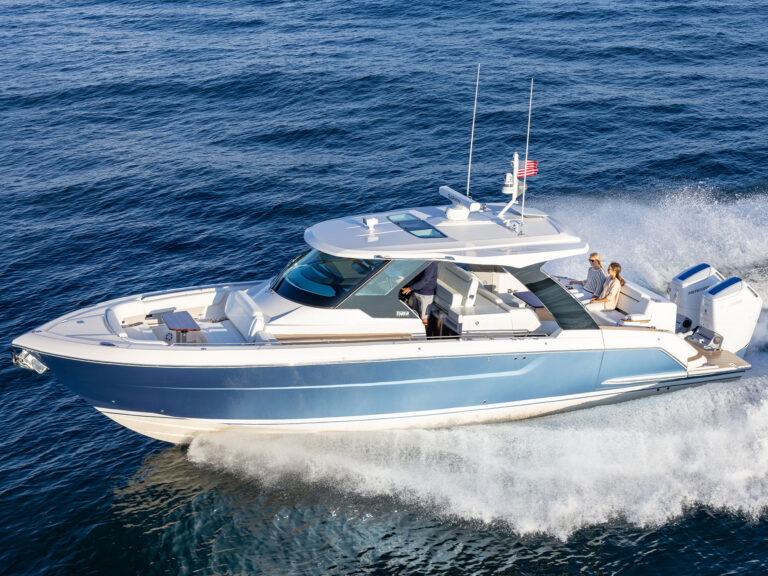
I’ve got an evil little fantasy game I like to play called Cheat the Insurance Company. It’s a lot like Screw the IRS, which you probably play at home. Both are easy and fun to do. All you need is a wicked imagination and a larcenous soul. Here’s how it’s played.
My friend Tony is a boat surveyor. We meet for drinks, and I tell him my schemes for sticking it to the Man with uber-clever (and highly profitable) insurance frauds. After four years I haven’t come up with any that he says would work. Which is good because if I thought one would work, I’m stupid enough to try it. And I’d get caught.
Since insurance companies claim to lose $80 billion a year on fraud, they take it seriously. I’d be thrown in the slammer and be in real trouble. But a boy can dream.
Now, don’t get all superior on me, asking how I could encourage fraud. I’m not. And don’t tell me you’ve never fantasized about the perfect crime. I know you have because some of our subscribers wear numbers on their orange jumpsuits.
Anyway, last night I thought I had a good one. You strip the ends of an electrical extension cord, plug it into an AC outlet, touch the wires to DC terminals, the boat bursts into flames, and you collect.
“Nice try, Sparky,” says Tony, who must be bored of all this by now. “Fires are easy to investigate, even when all that’s left is a pile of ashes. Only one out of 20 are written up as ‘unknown origins.’ Not good for you. But the real problem is that when a 12-volt DC circuit overloads, the insulation often burns off, and the strands of wire may show some melting. When it happens with 110-volt AC, the entire circuit usually burns away. Easy to spot.”
Damn, another round to be paid for. Not giving up, I give it another try. “I’d take the same AC power cord and blast my old GPS and radio, fry the circuits, and say it was lightning.”
Shaking his head, Tony kills this one by telling me that lightning’s greatest damage occurs when it meets resistance. GPS and radio antennas have such high resistance that when struck they almost always blow apart before the units themselves. Plus, it’s hard to fake an exploded antenna. But the real problem is that genuine lightning strikes are rare.
“Our tables show that there’s less than a 0.02-percent probability of a runabout getting hit,” says Tony the Insurance Man. “And it’s 0.10 percent for a cruiser. If you’re in California, the likelihood is 0.003 percent in any kind of powerboat.”
I’m stuck for another round. “C’mon, man, tell me one that works.”
Tony finally relents and tells me about the one that got away. “This guy says his boat burned to the waterline from sunlight. Sounds odd, but I once heard of a legitimate claim of sunlight being reflected from a hemispherical sink. The concentrated light caused a chart to catch fire, and from that point on it was all over.”
“So why did they suspect this guy?” I ask.
“Classic signs. The boat had been in bad shape, the owner’s finances were a disaster — he lost his job three months before. He had too many perfect receipts, many with no dates. He knew too much about insurance. Plus, he just renewed his policy. Classic. But nothing they could hang him on.”
Feeling no pity for Tony and his pals, I’m still trying to stump him. But it looks like the best way to keep insurance companies away from your money is to not give it to them. Do like the big-money players do: self-insure and take the risk.
Otherwise, pay up and limit your criminal activities to daydreams. This way I can keep seeing you outside the inlet and not inside the big house.








